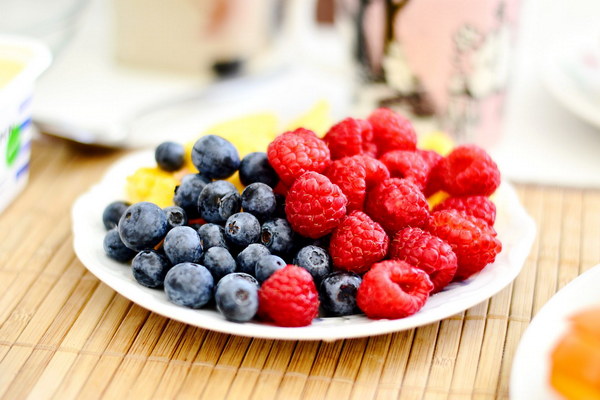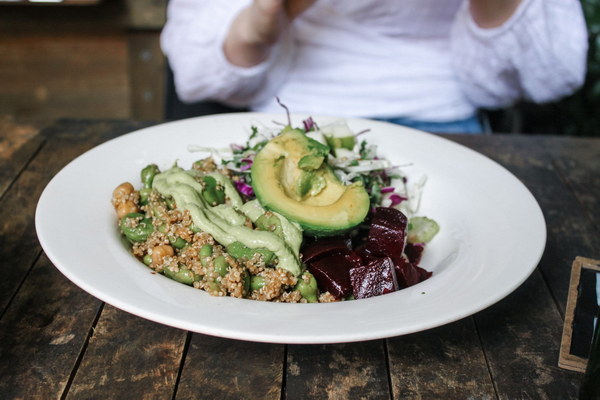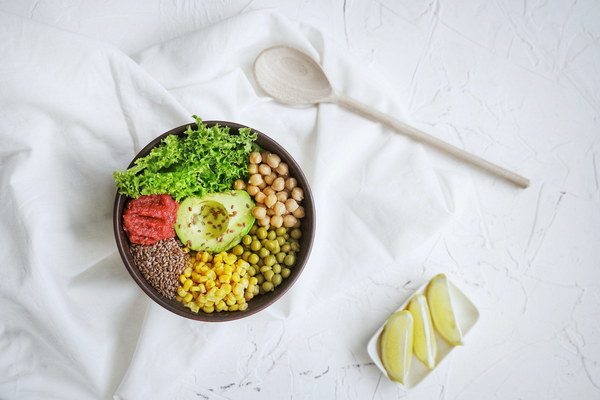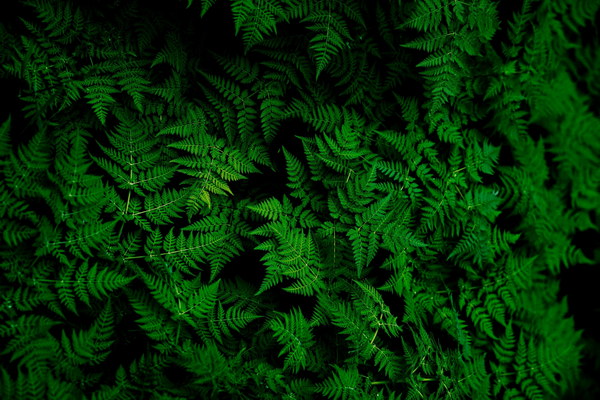Nature's Swoop Discover the Wonders of Moisture-Wicking and Oil-Scraping Herbs
In the realm of traditional medicine and holistic wellness, certain plants have been celebrated for their unique ability to rid the body of excess moisture and excessive oils. These natural remedies, known for their wicking and scrapping properties, offer a gentle yet effective way to balance the body's internal environment. Let's delve into the world of these moisture-wicking and oil-scraping herbs, exploring their benefits and how they can be integrated into your daily health routine.
The Art of Wicking and Scraping
To understand the properties of these herbs, it's essential to grasp the concept of wicking and scraping. Wicking refers to the ability of a substance to absorb and draw out moisture from the body, while scraping pertains to the process of removing excess oils or impurities. Both actions are crucial in maintaining a healthy balance within the body, especially in areas prone to dampness or congestion.
The Powerhouses of Moisture-Wicking and Oil-Scraping
1. Saw Palmetto (Serenoa repens)
- Known for its ability to reduce scalp oil production, saw palmetto is a popular herb for treating dandruff and promoting a healthy scalp. Its moisture-wicking properties make it an excellent addition to hair care products.
2. Parsley (Petroselinum crispum)
- Rich in vitamins and minerals, parsley is a natural diuretic that aids in the elimination of excess water and salt from the body. It's often used in detox teas and as a culinary herb to support kidney health.
3. Dandelion (Taraxacum officinale)
- This hardy plant is renowned for its diuretic effects and its ability to stimulate bile production, which helps in the digestion of fats. Dandelion leaves can be consumed raw or as a tea to support liver and kidney function.

4. Nettle (Urtica dioica)
- Nettle is a versatile herb that can be used to reduce inflammation, improve circulation, and act as a natural diuretic. Its astringent properties make it effective in balancing oil production on the skin.
5. Burdock (Arctium lappa)
- Burdock is often used in traditional herbal medicine to support liver detoxification. It's believed to have diuretic properties and can help remove excess moisture and toxins from the body.
6. Cleavers (Galium aparine)
- Also known as stick-tight or clinging grass, cleavers have been used traditionally to treat urinary tract infections and as a diuretic. It's thought to help clear the body of excess fluids and toxins.
Integrating These Herbs into Your Routine
To harness the benefits of these moisture-wicking and oil-scraping herbs, consider the following suggestions:
- Herbal Teas: Brew a pot of dandelion or nettle tea to support kidney and liver function. For a refreshing twist, add a slice of lemon or a sprig of mint.
- Herbal Infusions: Soak in a warm bath infused with parsley or dandelion leaves to help draw out impurities and soothe tired muscles.
- Natural Remedies: Use saw palmetto oil as a hair treatment or incorporate nettle into your skincare routine to control oil production.
- Culinary Uses: Add fresh dandelion leaves to salads or use parsley as a garnish to enjoy the health benefits of these herbs in your daily meals.
Conclusion
The use of moisture-wicking and oil-scraping herbs offers a natural and holistic approach to maintaining a balanced body. By incorporating these plants into your daily routine, you can support your body's natural processes and promote overall health and wellness. Remember, while these herbs can be beneficial, it's always wise to consult with a healthcare professional before making significant changes to your diet or wellness routine. After all, nature has provided us with an abundance of resources to support our well-being.









